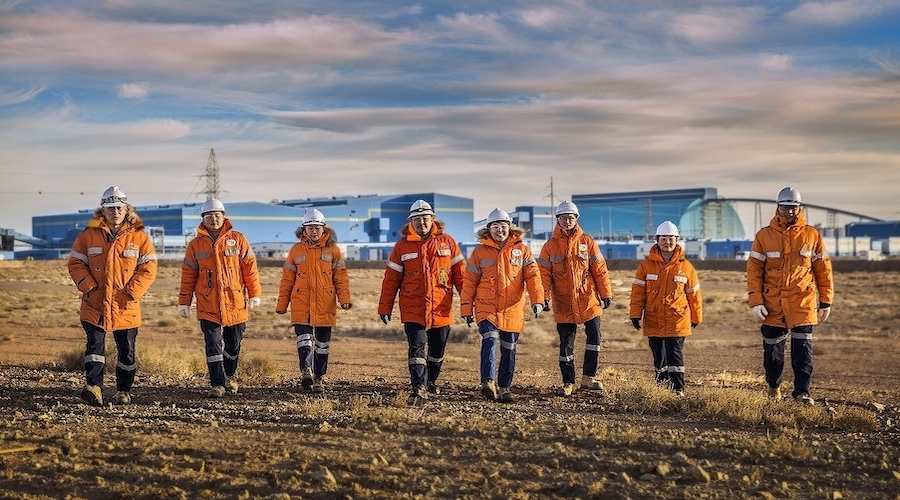Rio Tinto in talks to prevent another strike at Oyu Tolgoi

Rio Tinto (ASX, LON, NYSE: RIO) is said to be in negotiations with workers at its Oyu Tolgoi operation in Mongolia to prevent a strike at one of the world’s largest copper-gold mines.
The threat of a labour action, first reported by Reuters, follows a significant wages cut earlier this year, which triggered a strike in May.
The world’s second largest miner said that changes to Mongolia’s Labour Law, effective from the beginning of 2022, had prompted it to recalculate employee salaries.
Rio Tinto began underground mining operations at Oyu Tolgoi in March 2023. The company is now in the process of ramping up production to reach an annual output of around 500,000 tonnes of copper per year, on average, from 2028 to 2036.
Oyu Tolgoi is expected to become the world’s fourth-largest copper mine by 2030, operating in the first quartile of the copper equivalent cost curve, according to Rio Tinto.
The company has been extracting ore from the massive Oyu Tolgoi open pit since 2011.
The cost of building new copper mines has significantly increased over the years. In 2000, the average capital needed for a new copper mine sat between $4,000-5,000 to produce a tonne of copper. By 2012, this had risen to $10,000 per tonne, and recent analyses pegged current costs to up to $44,000 per tonne of production.
This is why Rio Tinto has repeatedly said it prefers developing and expanding copper mines over acquiring new ones to achieve its goal of producing one million tonnes of the metal annually within the next five years.
Reported talks between Rio Tinto and Oyu Tolgoi come at a time when wage negotiations at Chile’s Escondida, the world’s largest copper mine, are ongoing.
{{ commodity.name }}
{{ post.title }}
{{ post.date }}




Comments
Steve A
The sad thing is that the 34% “partner” in OT, the Mongolian government, forced the change to rosters, mandating even time. The mine was then left to manage a reduction in overtime and naturally wages, a perfect example of a lack on consultation and a so called “partner” shooting their other half in the foot.